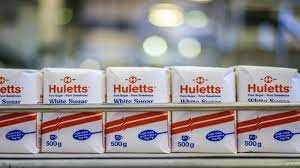
Audrey Galawu
The National Competitiveness Commission said it will continuously engage players in the sugar value chain, with particular focus on the farming node to enhance competitiveness of the value chain.
This comes as the farmers produced 396 491 metric tons of sugar for the 2022/23 milling season which started on 6 and 20 April 2022 for Triangle and Hippo Mill respectively against a 421 000MT forecast.
In terms of overall recoveries for 2022/23 milling season, the milling node was around 84% as opposed to a target of 85%.
Failure to achieve the target was due to various factors such as quality of the cane, mill efficiency and frequent breakdowns.
The node targeted to refine 135 000 tons of refined sugar in 2022/23 but has achieved 110 000tons of refined sugar.
Some of the challenges faced by the farmers include quality, transport, influx of imports, dual currency, trading terms and pricing.
In terms of quality, the NCC noted that customers are demanding sugar products with low colour units below 45IU and this is an additional cost to production.
Related Stories
“Sugar prices, once established, are limited to official rates whilst the input costs are driven by market rates which are volatile. This narrows operational margins and erodes viability.
“The company is currently on a 14-day credit facility which it deems to be short considering delays that may occur on loading and transportation of the raw materials from Chiredzi to Harare.
“The company is subjected to frequent and long power-shedding forcing, resorting to use of generators, to circumvent load shedding, the refiner has erected a dedicated power line paying US$70 000 per month.
“Raw sugar is currently being transported by road from Chiredzi to Harare and is being charged US$54 per tonne, thereby impacting negatively on the final price of sugar.
“Rail is characterised by high inefficiencies and theft. On average, rail takes an average of 3 weeks to raw sugar from Chiredzi to Harare,” NCC noted.
To address some of these challenges, the Commission will focus on facilitating potential collaboration between out-growers, Zimbabwe Sugar Association Experiment Station and local universities to design and tailor make equipment suited for the sugar value chain such as spraying drones that cater for large tracts of land.
The Commission will facilitate a study tour in Brazil, in September, for the value chain players to have an appreciation of international best practice, since Brazil is one of the top sugar producing countries.
The study tour will mainly focus on how to improve production efficiency, farming practices, research on new varieties, funding along the value chain, small scale production of sugar, marketing structure and strategies applied by the industry, building of regional and coalition and networks.

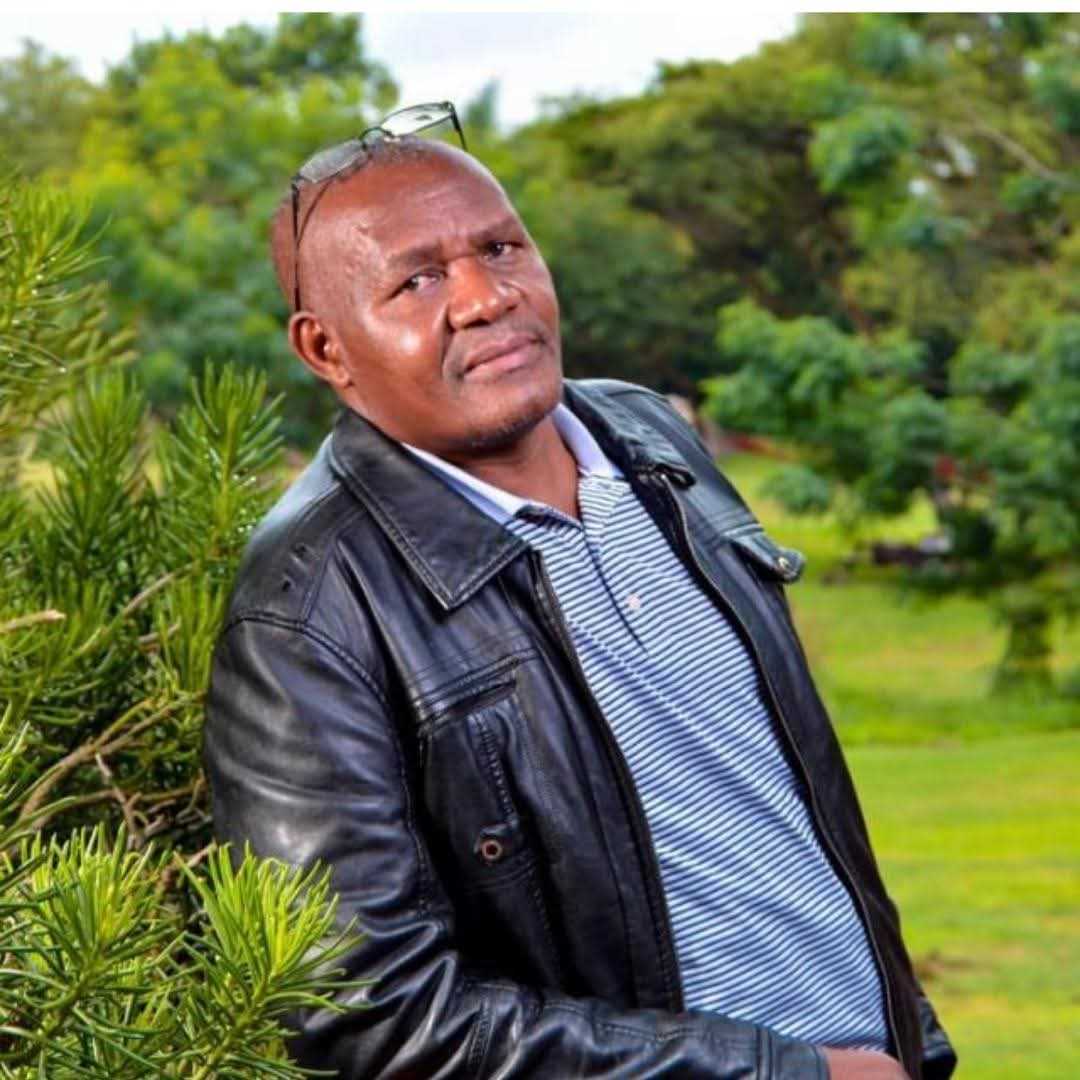


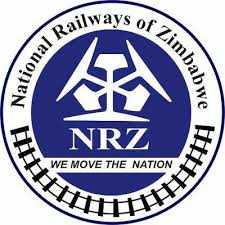
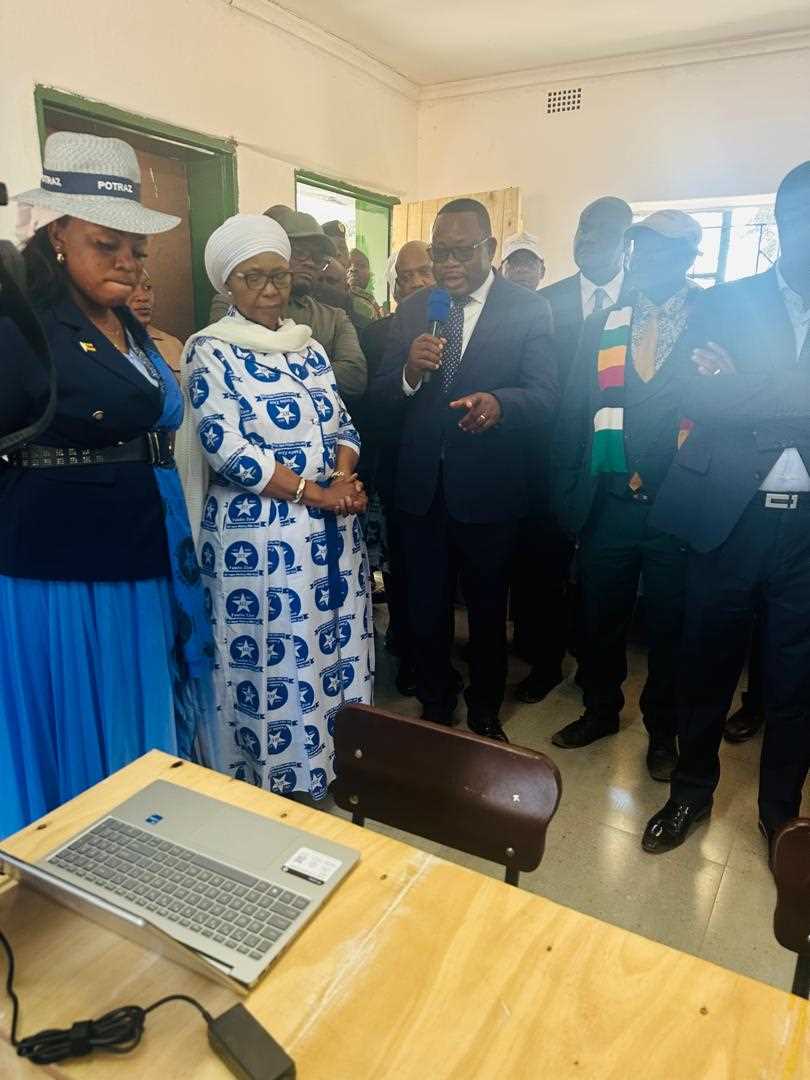
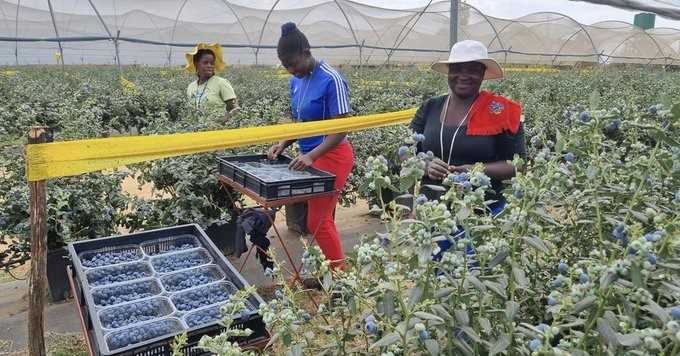
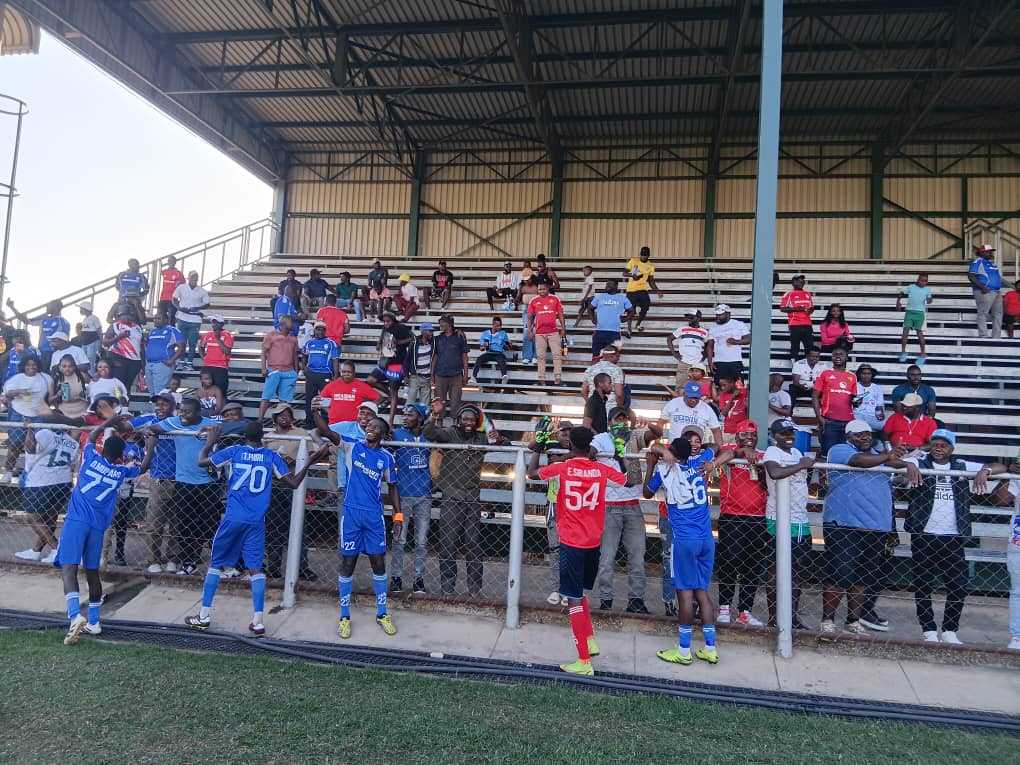


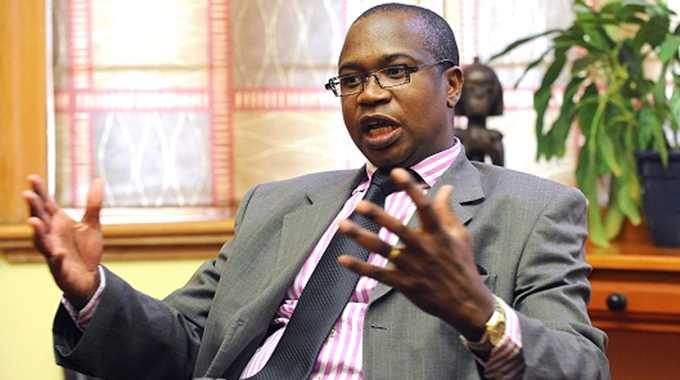

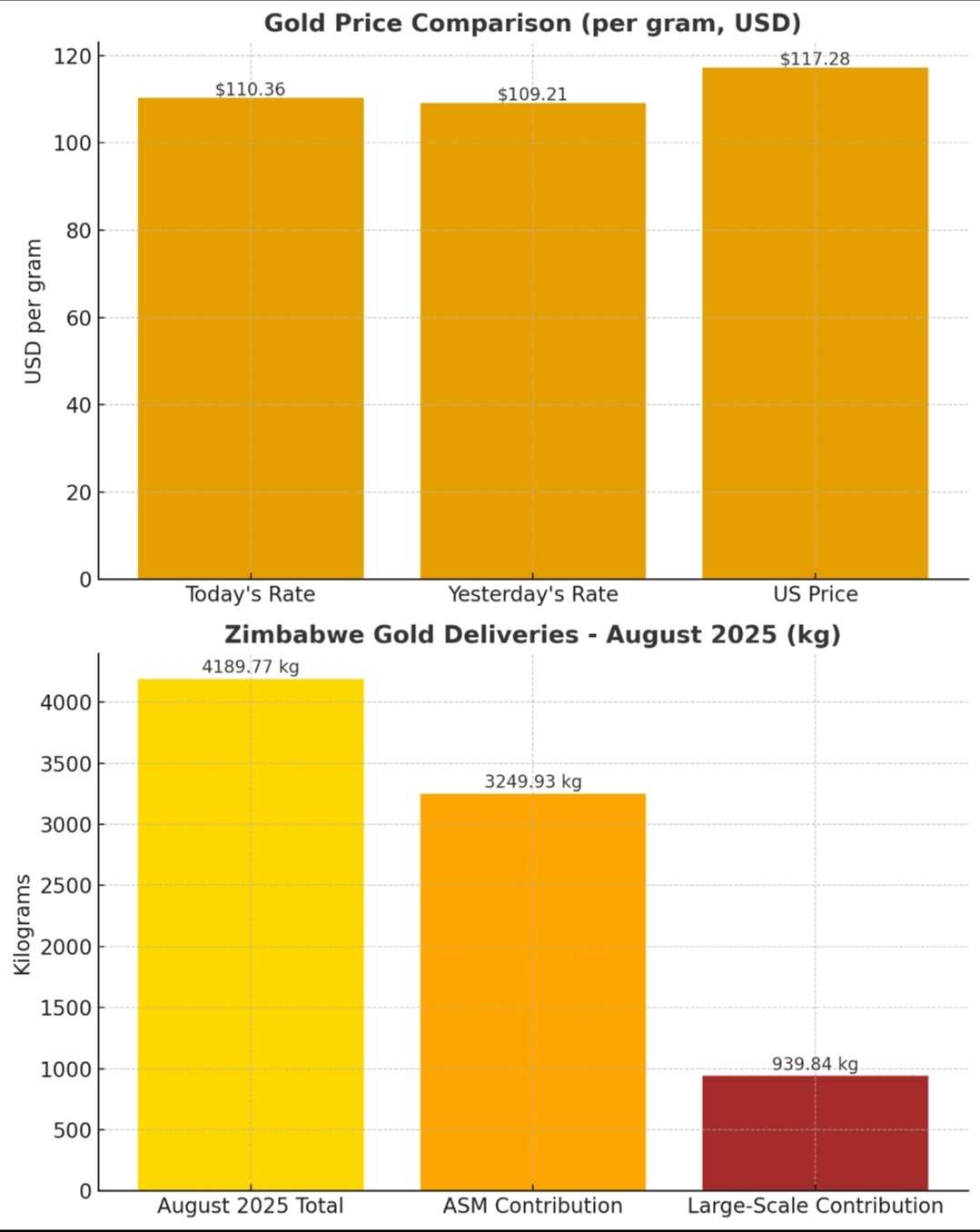

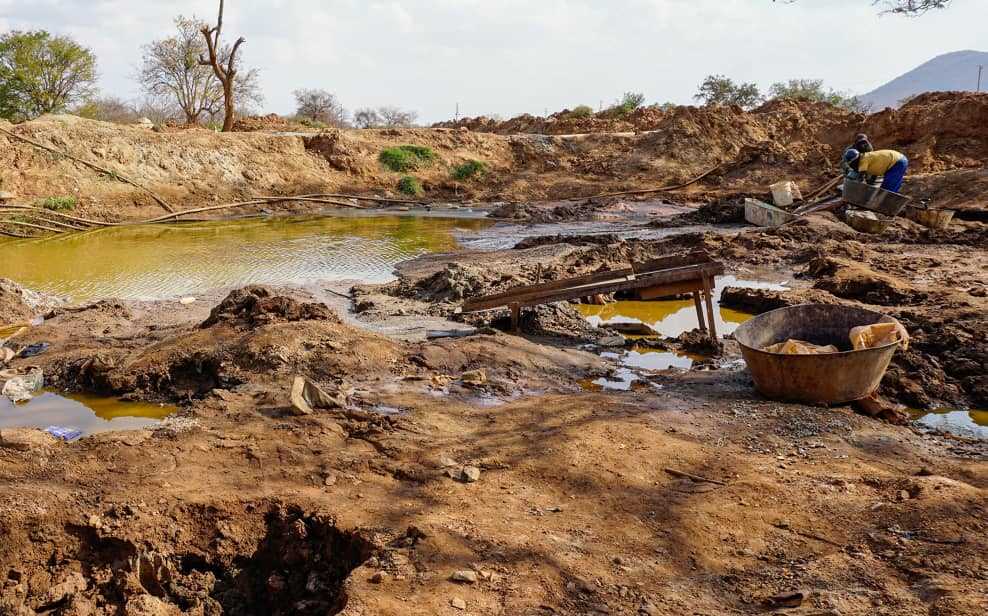
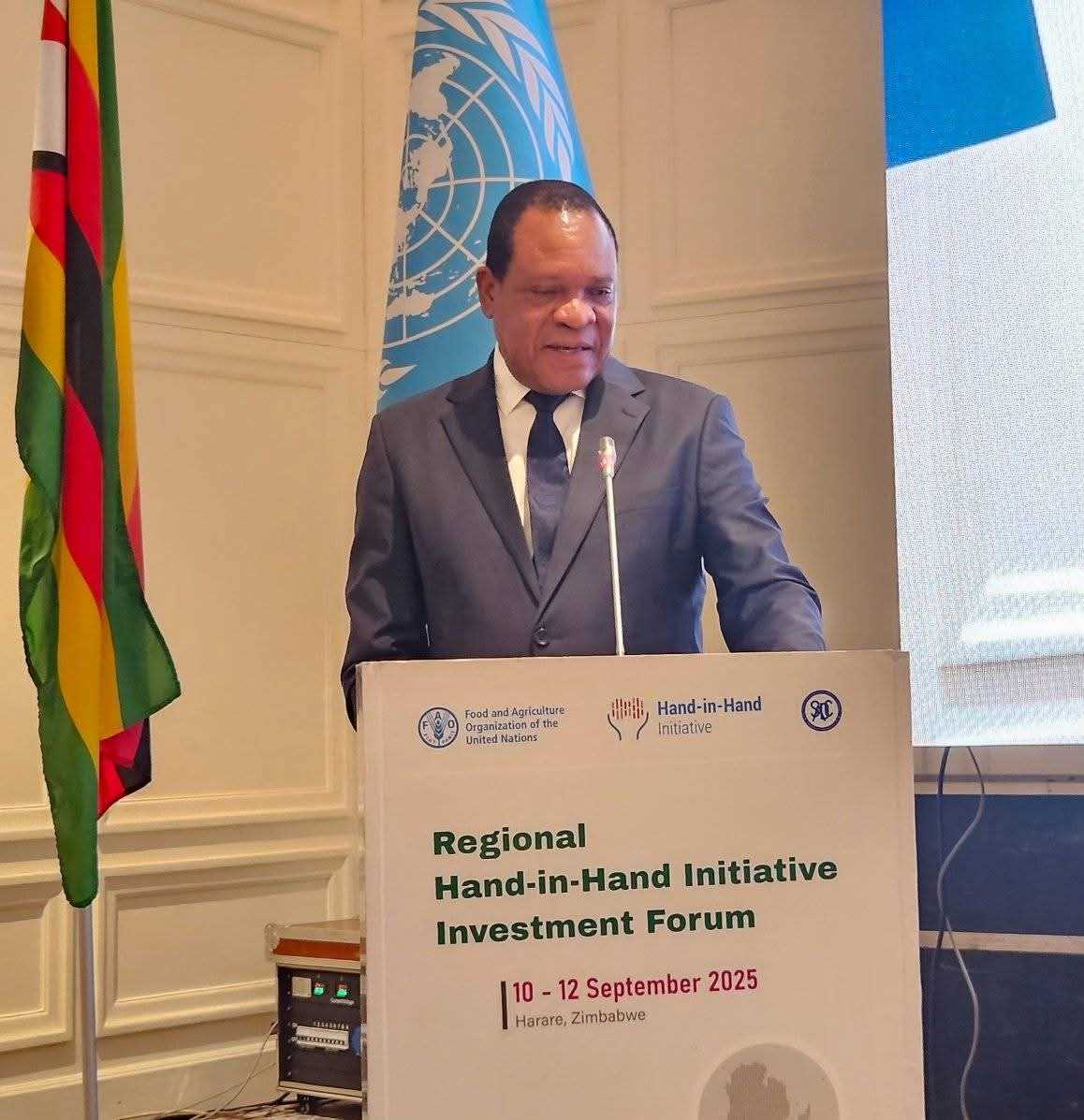


Leave Comments